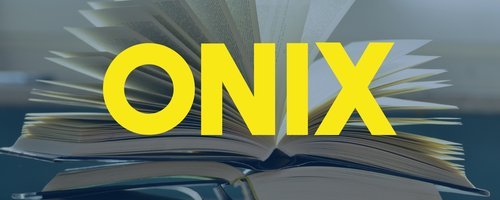“The best self-help books to get you through pandemic work-life.” “Coronavirus reading: 10 inspirational books that offer advice on how to live in tough times.” Sound familiar? It’s no surprise that Self-Help books have become a hot topic in the media during the pandemic. But are readers actively buying and borrowing them? We’ll let the data confirm or deny this.
In the previous instalments of this series, we shared insights into the sales and library performance of books for young readers, Romance and Erotica, and True Crime. Today, it's Self-Help’s turn. As usual, we’ll be focusing on quarterly data — in this case, data from April, May, and June 2021 vs. 2020.
But before we get into the specifics of the sales and library circulation data we’ve collected for this analysis, here are some stats from our Canadian Book Consumer Study 2020 that relate to the behaviour of Self-Help book buyers. In the study, we learned that 9% of Canadian book buyers surveyed bought a Self-Help book in the month prior — 73% of those purchases were print books, 17% ebooks, and 10% audiobooks.
Book buyers also told us that 44% of their Self-Help purchases were planned, while 54% were not. If we break it down further, 28% had planned to buy a particular book, but not necessarily at that specific time; 12% were planning to buy a book at that specific time, but had not planned to buy any particular book; and 15% were not planning to buy a book at that specific time.
We also learned that Self-Help book buyers are more likely to be found using these online platforms: Facebook (70%), YouTube (69%), Instagram (60%), LinkedIn (40%), or WhatsApp (38%). Other book-related activities in which Self-Help readers engaged are reading short stories (52%), adding books to a wishlist (45%), rating a book (23%), writing a book review (13%), and attending an author reading/book signing (9%).
A quick note about the data we’re about to share — it all comes from our SalesData and LibraryData services which track the sales and library circulation of English-language print books in the Canadian market.
Buying Self-Help
Are Canadians buying more Self-Help books in 2021 compared to 2020? Looking at the sales of print books during the second quarter of the year — April, May, and June 2021, we can see that sales were in fact higher in 2021, but not for the entire quarter. Sales from April to May dropped by 27% and then went back up, but only by 3%. In 2020, even though April sales were 43% lower year-over-year, the changes were less abrupt than in 2021 — from April to May there was an increase of 1% and from May to June of 12%. The sales of both years intersect in late May, and the quarter ends up with June 2021 sales being 4% lower than the previous year.
Borrowing Self-Help
In libraries, a similar phenomenon occurred. While the number of loans and renewals is significantly lower in 2020 because of COVID-related closures, and despite a slight decrease in loans between April and May (3%), loans still trended upwards. This was only possible thanks to a 65% increase from May to June 2020.
Now, when we look at 2021 data, we see that similar to the book sales stats, April was the best month of the quarter, the year-over-year difference is 1,939%! But this changes by the end of June when the year-over-year difference decreases to 493%.
Focusing on month-to-month data, we see that even though loans dropped by 33% from April to May, they start going back up from May to June (7%). Renewals, on the other hand, started April in good shape, but dropped in May by 30%, continuing to decrease in June by 10%.
Reading Self-Help
Taking into account both sales and library circulation from April to June, these are the most popular books in the Self-Help category.
Stay tuned for future instalments of this series or sign up to our eNews for more digestible data on the Canadian book market.
Until next time!

















A deep dive into book prices in Canada from our upcoming Canadian Book Consumer Study 2023.